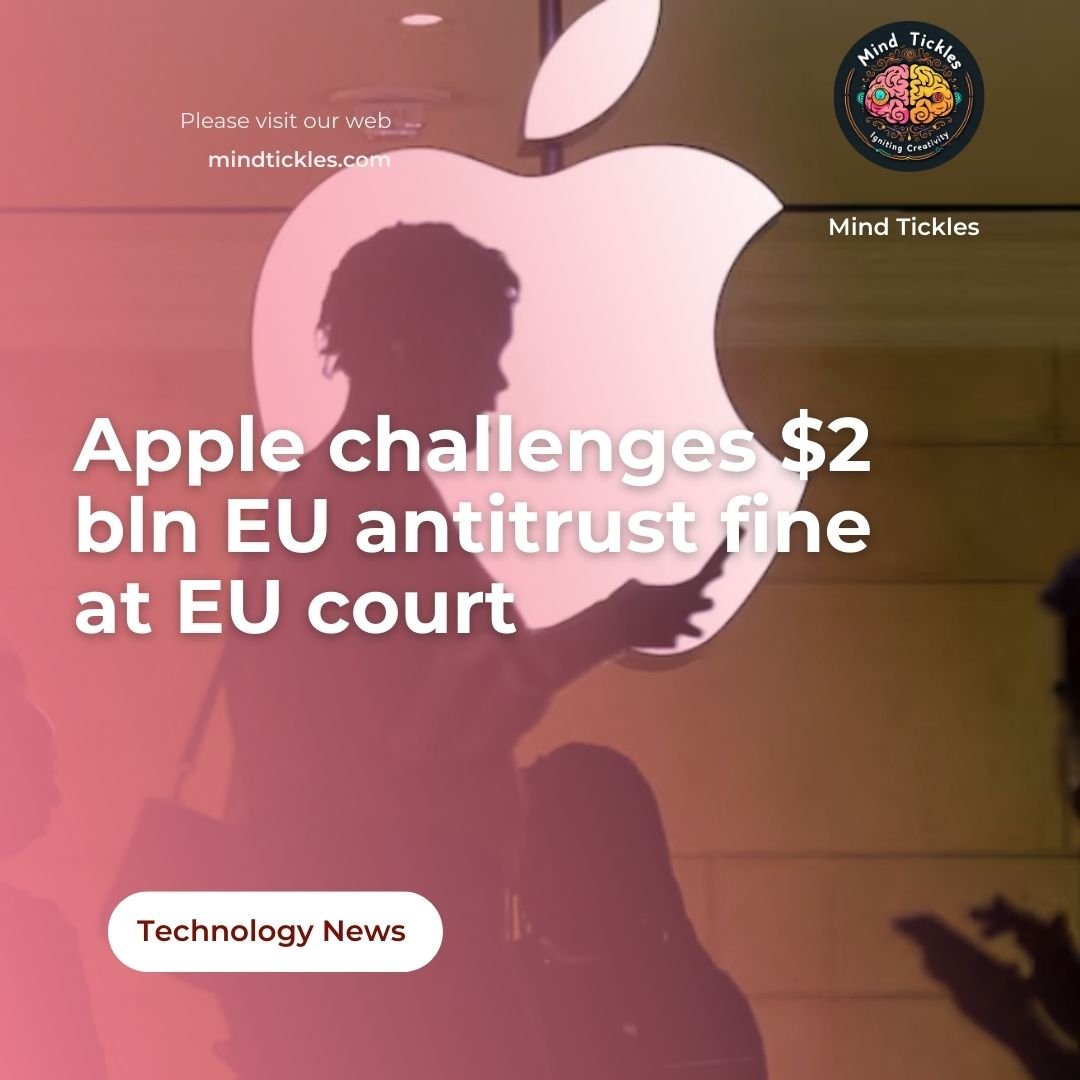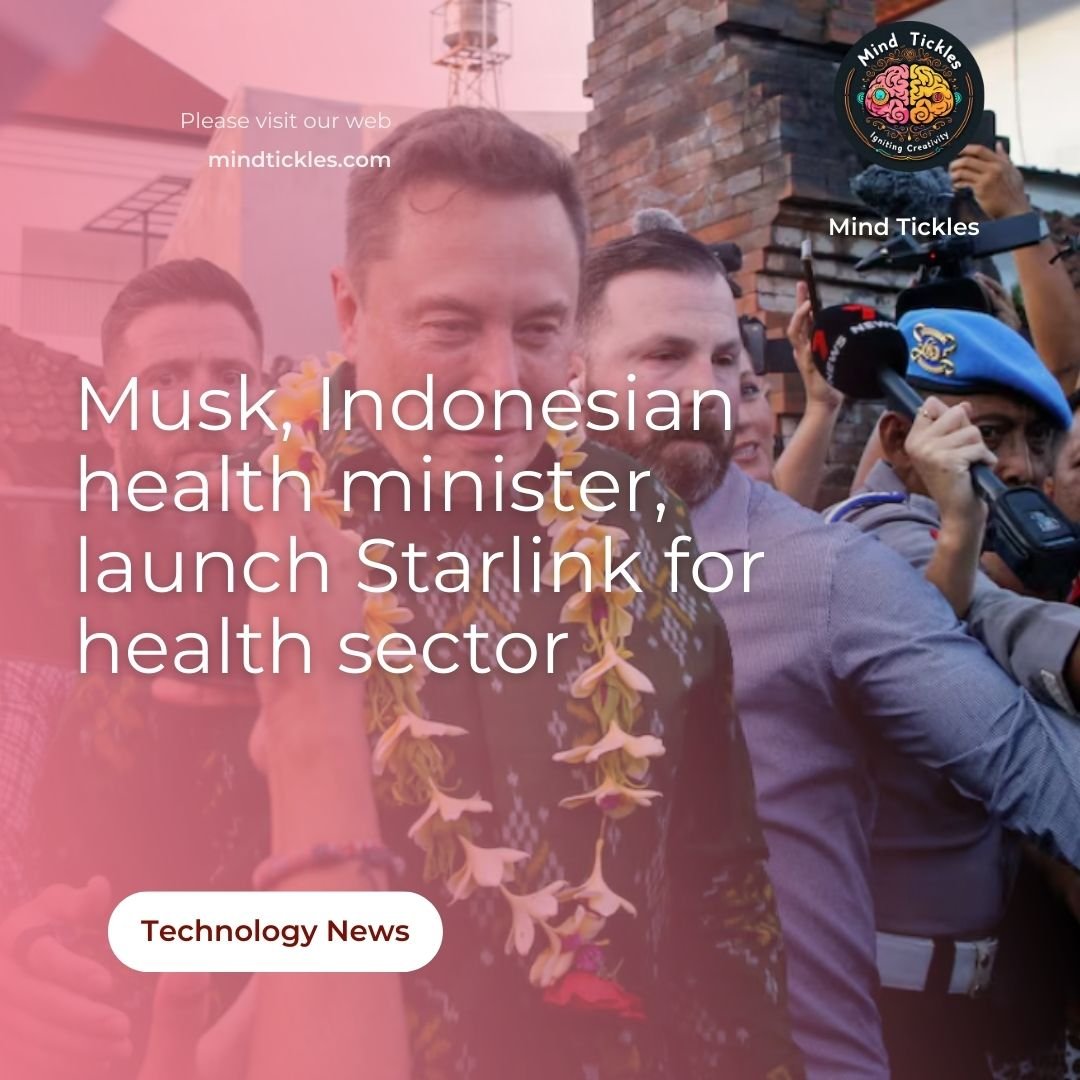Apple challenges $2 bln EU antitrust fine at EU court

In probably one of the most closely followed legal battles in the realm of world informations technology Apple Inc. has now taken a formal legal proceeding against an €1. The antitrust regulators in the European Union fined Google 8. 4bn U. S dollars ($2 billion) for the violation of antitrust legislation. This penalty, one of the most massive ever received from the European Commission, claims that Apple harmed competition by:
putting onerous restrictions on app-business relationships, specifically targeting the competition, for instance, Spotify Technology SA. The case, which is currently undergoing legal proceedings at the General Court in Luxembourg, Europe’s second legal instance, is expected to be a long and intricate process with severe repercussions for the company and the technology world.
The Basis of the Fine
Allegations Against Apple
As you may remember, this March, the European Commission levied a fine against Apple, which is considered to be a historical decision of the antimonopoly agency in relation to the American technology giant. The basis of these arguments by the Commission is that Apple used its power to harm its next competitors over business in the streaming music market. Thus, Apple allegedly set up a restrictive framework, on top of which it levied high commissions on applications and other transactions within its App Store, thus setting up a level playing ground that worked only to the detriment of its competitors while benefitting its own services.
Impact on Competitors
Critics who advocated for change underlined the negative consequences of the practices iTunes Store employed, such as claiming that these measures compelled Spotify to increase its prices, and thus to renege on its promise of offering affordable access to music. This in turn had adverse impacts on Spotify and piled up pressure on it to effectively counter Apple Music. Other online video distribution platforms also had similar complaints indicating that Apple was monopolistic in its approach to the market and interrupted innovation in the streaming industry.
Apple’s Defense Strategy
Appeal to the General Court
The legal action that Apple launched is an important plan of action for protecting its rights The appeal to the General Court is a strategic move. The company has been quick to defend its approach and argue that its App Store rules are meant to protect the customer base from a number of threats. Apple claims that such restrictions are needed to prevent any malware from infecting Apple products as well as to safeguard people from scammers. Also, a claim worth noting is that Apple asserted that these fees are fairly charged in consideration to the value it shall be offering through its platform.
Potential Outcomes
The verdict in the court could be important for setting a legal precedence with regard to the actions of the European Commission and the fines they troubled to impose on Apple and other companies. On the other hand, if the General Court affirms the fine, it may encourage regulators to act further more preemptively against certain practices seen as anticompetitive in the environment of the technology sector. I concluded from this case that it may help to shape the course of future regulation for years to come.
Historical Context
Previous Antitrust Cases
That is not the first time Apple has been in the cross hairs of European regulators. The company itself has come under scrutiny in a number of investigations for anti-trust violations in the recent past. Nevertheless, the European Commission has earlier charged Google and Amazon with similar conduct, which revealed a rise in scrutiny over huge technology-based conglomerates recently.
Significance of the Fine
The €1. Posted $ 84 billion fine is the third largest ever in anticompetitive conduct case in the EU. This shows just how deeply the European regulators are considering the matter. It also illustrates the burgeoning battle between leading tech platforms and autonomous authorities, magnates’ attempts to strike optimum, balanced regulation to sustain innovation and competitiveness.
Broader Implications for the Tech Industry
Impact on App Store Policies
The decision of the court could have an impact on how the application markets all over the world are functioning. If Apple has to change certain rules related to its App Store, other firms might also be forced to do the same. This could increase the level of competition in the Internet market and will be presumably beneficial for both consumers and innovative developers.
Influence on Future Regulations
This case drew the attention of regulators in various countries to the subject. Any ruling against Apple can set the precedence for similar investigation and application of fines in other jurisdictions. On the same side we may presume that if Apple wins then other technical companies may remain or even intensify their current practices saying that what they have been doing is legal as far as the courts are concerned.
Consumer and Developer Reactions
Some of the tech designs of this movement are still seen as a referendum on the tech community, and there exists diversified views among the tech community. Some developers have backed the actions conducted by the European Commission, stating that decrease of such fees and deletion of restrictions will positively influence the process of innovation and ultimately lead to cheaper prices for consumers. Some civil libertarians oppose the adoption of the high-security standards arguing that it will stifle innovation and potentially lead to higher levels of threats.
Conclusion
The legal battle between Apple and the European Commission over App Store practices, specifically concerning Spotify and other music streaming apps, represents a pivotal clash under EU antitrust rules. The European Union’s €1 billion fine, currently contested at Europe’s second-highest court in Luxembourg, underscores allegations of Apple’s dominant position and its alleged harm to consumer choice and competition in the digital market. The case hinges on credible evidence of Apple’s restrictive practices, accused of stifling streaming rivals and imposing onerous fees on app developers, thus limiting innovation and consumer options.
The dispute highlights the EU’s role as a rigorous antitrust enforcer against tech giants like Apple, aiming to ensure a level playing field and protect European consumers. Margrethe Vestager, the EU’s Competition Commissioner, has spearheaded efforts to curb Apple’s perceived monopolistic behavior, arguing that such practices undermine fair competition in the app ecosystem. This legal maneuver is significant not only for its potential impact on Apple’s business model but also for setting a precedent that could reshape how big tech companies operate within the 27-nation bloc.
The case’s outcome at the Luxembourg-based General Court could influence future regulations governing app stores and payment options, potentially forcing tech giants to revise their practices to comply with stricter EU antitrust rules. It also underscores the broader implications for digital markets worldwide, where regulatory scrutiny over dominant platforms and their impact on competition and consumer welfare is intensifying.
In conclusion, the Apple-EU legal showdown underscores the critical balance between innovation, market dominance, and consumer protection in the tech industry. As the court filing unfolds, stakeholders—from app developers to European consumers—watch closely, anticipating a verdict that could reshape the landscape of digital competition and the enforcement of antitrust laws in the tech sector.
Certainly! Here’s a comprehensive conclusion that integrates all the provided keywords:
The ongoing legal battle between Apple and the European Commission over App Store practices, particularly concerning Spotify and other music streaming apps, is a pivotal clash under EU antitrust rules. The European Union’s €1 billion fine, currently contested at Europe’s second-highest court in Luxembourg, underscores allegations of Apple’s dominant position and its alleged harm to consumer choice and competition in the digital market. The case hinges on credible evidence of Apple’s restrictive practices, accused of stifling streaming rivals and imposing onerous fees on app developers, thus limiting innovation and consumer options.
This dispute highlights the EU’s role as a rigorous antitrust enforcer against tech giants like Apple, aiming to ensure a level playing field and protect European consumers. Margrethe Vestager, the EU’s Competition Commissioner, has spearheaded efforts to curb Apple’s perceived monopolistic behavior, arguing that such practices undermine fair competition in the app ecosystem. The Luxembourg-based General Court serves as a critical venue where the legality of Apple’s actions under EU antitrust rules will be scrutinized, potentially reshaping how big tech companies operate within the 27-nation bloc and beyond.
The outcome of this court filing could influence future regulations governing app stores, payment options, and the broader tech industry landscape. It also underscores the broader implications for digital markets worldwide, where regulatory scrutiny over dominant platforms and their impact on competition and consumer welfare is intensifying. This legal maneuver is significant not only for its potential impact on Apple’s business model but also for setting a precedent that could reshape how big tech companies operate within the 27-nation bloc.
In conclusion, the Apple-EU legal showdown underscores the critical balance between innovation, market dominance, and consumer protection in the tech industry. As the case progresses through the Luxembourg-based General Court, stakeholders—from app developers to European consumers—watch closely, anticipating a verdict that could reshape the landscape of digital competition and the enforcement of antitrust laws in the tech sector.
.

If you want to read more information just visit –> Mind Tickles





